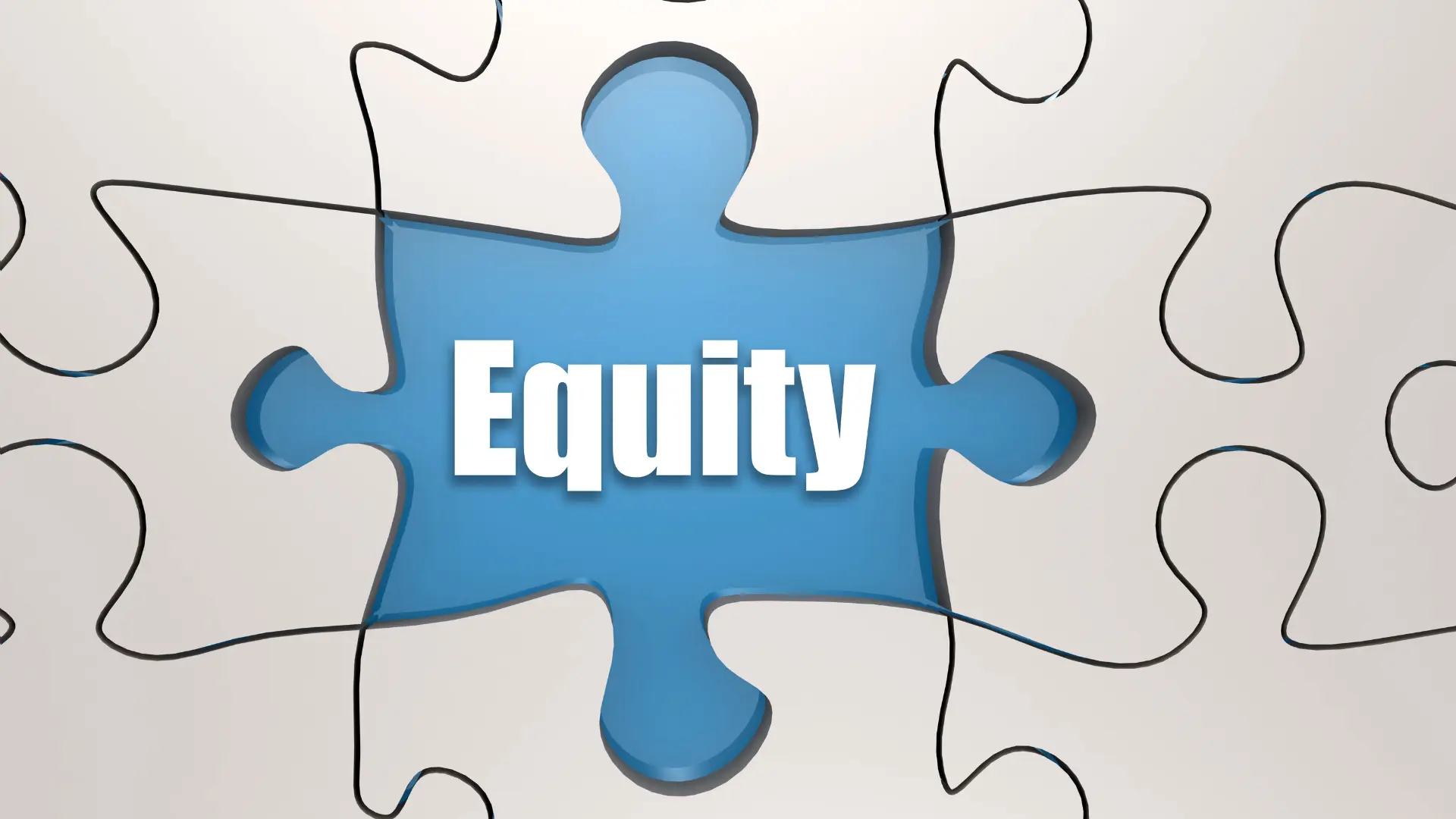The Importance of the Equity Market: A Pillar of Economic Growth
The equity market, often referred to as the stock market, plays a pivotal role in the global economy. It is a dynamic and influential component of the financial system, driving economic growth, wealth creation, and corporate development. Understanding the importance of the equity market is crucial for investors, businesses, and policymakers alike. This article explores the key reasons why the equity market is so vital to the economy and the various stakeholders involved.

1. Capital Formation and Economic Growth
One of the primary functions of the equity market is to facilitate capital formation. When companies need to raise funds for expansion, research and development, or other business activities, they can issue shares to the public through an Initial Public Offering (IPO). By selling ownership stakes, companies can obtain the necessary capital to invest in new projects, hire more employees, and grow their operations.
This process of capital formation is essential for economic growth. When businesses expand, they contribute to increased productivity, job creation, and innovation. In turn, this stimulates economic development and raises the standard of living for society as a whole.
2. Wealth Creation for Investors
The equity market offers a significant opportunity for wealth creation. Investors can purchase shares of publicly traded companies and benefit from capital appreciation as the value of those shares increases over time. Additionally, many companies pay dividends, providing investors with a regular income stream.
Over the long term, the stock market has historically delivered higher returns compared to other asset classes, such as bonds or real estate. This potential for high returns makes the equity market an attractive option for individual and institutional investors looking to grow their wealth and achieve financial goals, such as retirement savings, education funding, or estate planning.
3. Liquidity and Market Efficiency
The equity market provides liquidity, allowing investors to buy and sell shares with relative ease. This liquidity is crucial because it gives investors the flexibility to enter and exit investments as needed, ensuring that they can respond to changes in their financial circumstances or market conditions.
Market efficiency, another critical aspect of the equity market, ensures that securities are priced fairly based on available information. This efficiency is achieved through the continuous interaction of buyers and sellers, who collectively determine the price of stocks. Efficient markets contribute to the fair allocation of capital, directing funds to the most promising and productive companies.
4. Price Discovery and Transparency
The equity market plays a vital role in price discovery, which is the process of determining the fair value of a security based on supply and demand dynamics. Through the buying and selling of shares, market participants collectively establish the price at which a stock should trade.
This process is critical for transparency in the financial system. Publicly traded companies are required to disclose financial information and adhere to regulatory standards, providing investors with the data they need to make informed decisions. The transparency of the equity market helps to build investor confidence, ensuring that markets function smoothly and efficiently.

5. Facilitating Corporate Governance
By issuing shares to the public, companies subject themselves to the scrutiny of shareholders and regulatory bodies. Shareholders, particularly institutional investors, often play an active role in corporate governance, holding management accountable for their decisions and actions. This accountability can lead to better decision-making, more efficient operations, and improved financial performance.
Furthermore, the threat of a takeover or activist investor intervention can incentivize management to focus on maximizing shareholder value. In this way, the equity market contributes to better corporate governance practices, which benefit not only the company’s shareholders but also its employees, customers, and the broader economy.
6. Diversification of Investment Portfolios
The equity market offers a wide range of investment opportunities, allowing investors to diversify their portfolios across different sectors, industries, and geographic regions. Diversification is a key strategy for managing risk, as it reduces the impact of poor performance in any single investment.
By spreading investments across various assets, investors can mitigate potential losses and achieve more stable returns. This diversification is particularly important for institutional investors, such as pension funds and insurance companies, which manage large pools of capital on behalf of their clients.
7. Supporting Innovation and Entrepreneurship
The equity market also plays a crucial role in supporting innovation and entrepreneurship. Startups and high-growth companies often rely on equity financing to fund their operations and bring new products or services to market. By providing these companies with access to capital, the equity market enables innovation and the development of new technologies that can drive economic progress.
Moreover, successful companies that have grown through equity financing often inspire new entrepreneurs to enter the market, fostering a culture of innovation and competition. This cycle of innovation is essential for maintaining a dynamic and competitive economy.

Conclusion
The equity market is more than just a platform for buying and selling stocks; it is a cornerstone of the global economy. It facilitates capital formation, drives economic growth, creates wealth, and supports innovation. By providing liquidity, enabling price discovery, and promoting transparency, the equity market ensures that capital is allocated efficiently and that companies are held accountable to their shareholders.
For investors, businesses, and policymakers, understanding the importance of the equity market is essential for making informed decisions and contributing to a healthy and prosperous economy. As we move forward in an increasingly interconnected and dynamic world, the equity market will continue to play a central role in shaping our financial future.